
The three major Japanese automakers have all reported a rebound in China sales this May, according to company statements through Wednesday, a signal that the companies' businesses are getting back on track after the Diaoyu Islands spat last September.
But the companies as well as industry insiders warned Wednesday that the statistical rebound is "not as concrete as it looks," and the automakers are still suffering the impact of the territorial disputes.
Toyota Motor Corp saw sales jump 0.3 percent year-on-year in May to 79,000 car units; Honda Motor Co reported a 4.6 percent sales increase to 54,564 cars; and Nissan Motor Co staged a 2 percent recovery to 103,000 cars.
The sales growth marked the first time that year-on-year monthly sales reversed a downward trend that began last September when a territorial issue led some Chinese anti-Japan protesters to smash Japanese cars, which put off many potential buyers and even forced Japanese carmakers to curtail production and marketing plans.
Xu Yiming, a spokesman for Toyota China, told the Global Times Wednesday that the Japanese automaker is "quite optimistic" about the future development of the China market, as sales have been recovering.
"But actually we are still dealing with tough times after the territorial disputes," said Xu, noting that the sales growth is "not as concrete as it looks."
"A series of earthquakes hit Japan last March and May, which resulted in an auto parts production decline. Therefore last May's sales were relatively small, making this May's sales growth higher," Xu explained.
Fu Zhiyong, an industry analyst at Adfaith Management Consulting, echoed Xu's view. He told the Global Times Wednesday that he does not think Japanese auto brands will regain their dominance in the China market anytime soon.
According to statistics from the China Association of Automobile Manufacturers, in 2011 the market share of Japanese auto brands reached 19.4 percent, the biggest among foreign car brands. But German brands took the top position last year with an 18.4 percent market share, followed by Japan with 16.4 percent.
Car brands from the US, France and South Korea all saw their market shares rise over the last year, according to the association.
"The political relationship between China and Japan is sensitive and unpredictable, and last year's massive protest was just a typical case. Therefore, consumers still feel unsafe to buy Japanese-branded cars," said Fu, noting that he expected the sentiment to last for a long time.
As Japanese automakers try to recover their performance in the world's largest auto market, their competitors' sales have been looking up.
According to a Ford China statement e-mailed to the Global Times Wednesday, the US automaker saw its car sales reach a record high of 70,540 units, a surge of 45 percent compared with last year.
"Japanese and US cars have relatively similar price ranges, which make the US brands the biggest winner as sales slow for their Japanese rivals," Fu said.
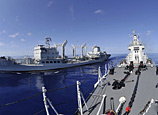

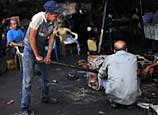
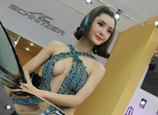
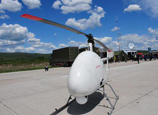
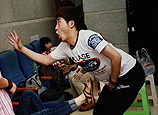

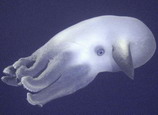
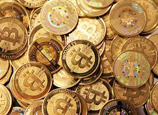
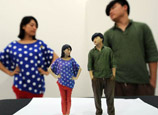






 White-collar workers setting up stalls become popular
White-collar workers setting up stalls become popular


![]()
